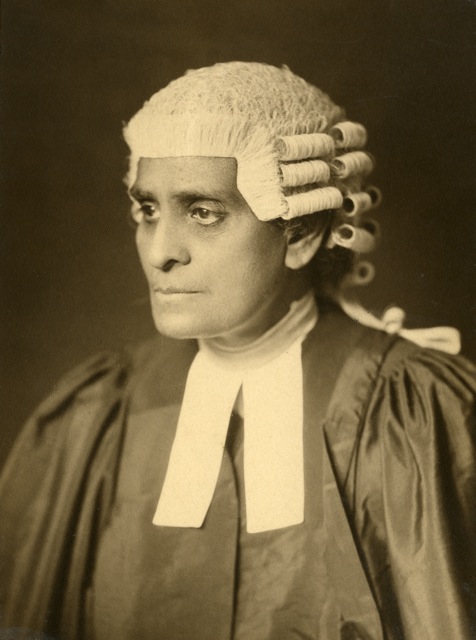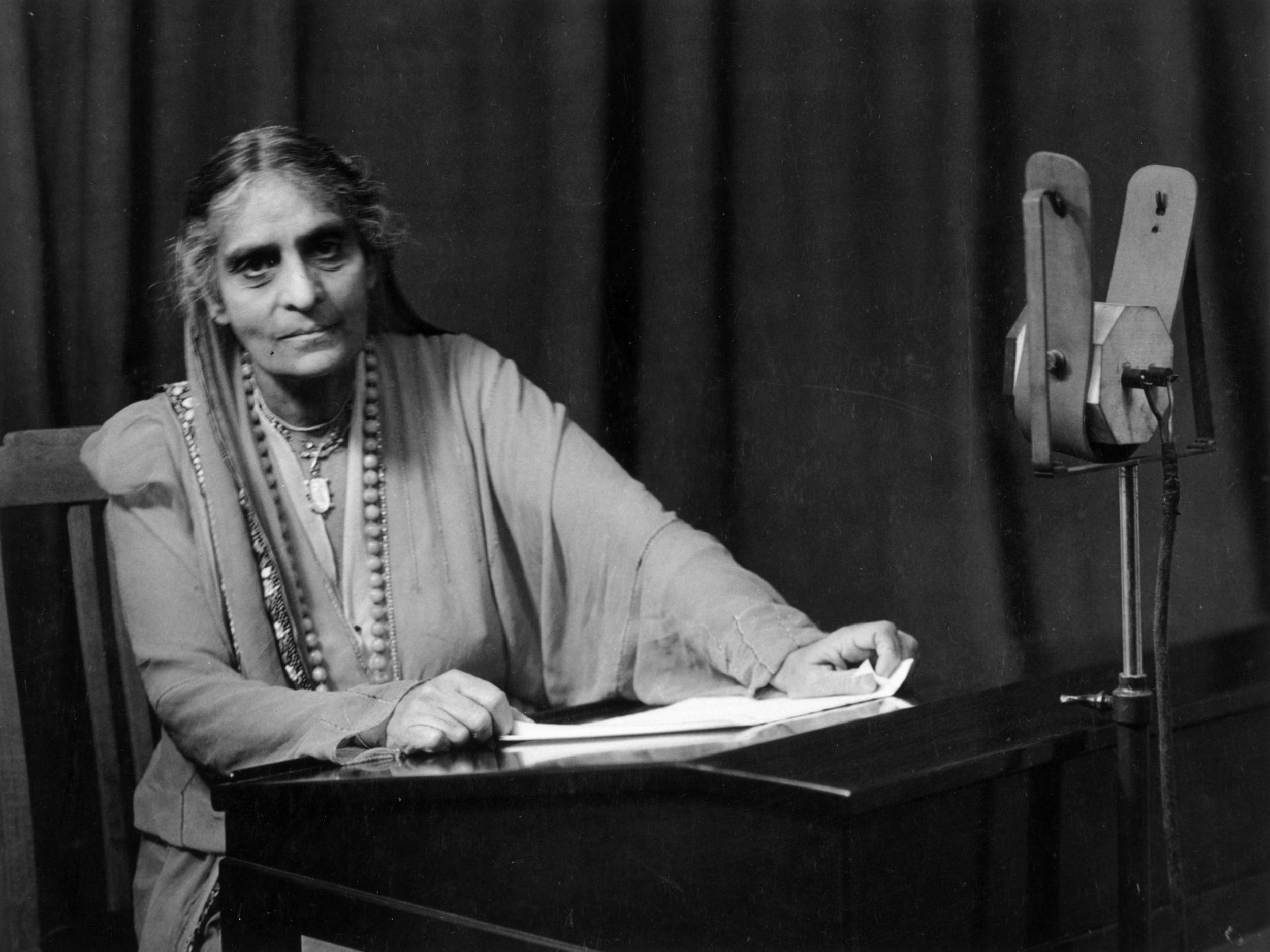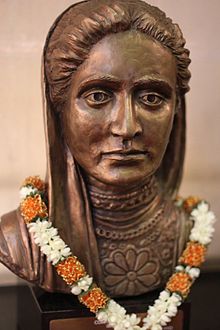Cornelia Sorabji (15 November 1866 – 6 July 1954) was an Indian woman who was the first female graduate from Bombay University, the first woman to study law at Oxford University (the first Indian national to study at any British university), the first female advocate in India, and the first woman to practice law in India and Britain.

Born in Devlali, Nashik, then under British colonial rule, Cornelia was one of nine children born to the Reverend Sorabji Karsedji, a missionary and his wife Francina Ford, who had been adopted and raised by a British couple. An influential missionary, Cornelia’s father recognised her early academic prowess and he was a key figure in convincing Bombay University to admit women to their degree programs. Her mother, Francina too helped to establish several girls’ schools in Pune. Due to her influential social position, Francina was often consulted by local women in matters pertaining to inheritance and property rights. Many of Sorabji’s later educational and career decisions were heavily influenced by her mother.
Cornelia duly completed her law degree with top honours in 1888 but was denied a scholarship that would have allowed her to study in England. Undeterred, she took a temporary teaching post as an English professor at a men’s college in Gujarat and wrote to the National Indian Association appealing for funds to allow her to continue her education abroad.
She was assisted by Mary Hobhouse, wife of a prominent Council of India member, Florence Nightingale, writer Adelaide Banning and Scottish politician Sir William Wedderburn who made significant donations to her cause.
Their endorsement finally enabled Cornelia to set sail for England and study at Somerville College, Oxford, making British history in the process.

Graduating two years later in 1894, she returned to India and became a specialist advocate for purdahnashins, women prohibited from communicating with men. Unable to represent them in court due to a blanket ban that would not be overturned until 1922, Cornelia nevertheless fought courageously for both the inheritance rights of these neglected women and her own as a professional.
She became a government legal adviser on the issue and won the right for purdahnashins to train as nurses. Cornelia was awarded the Kaisar-i-Hind Gold Medal in 1909 for her social reforming efforts on behalf of these women and other causes. Although she supported traditional Indian life and culture, Sorabji promoted reform of Hindu laws regarding child marriage and the position of widows. She emphasized the importance of education and believed that until the majority of illiterate women had access to it, there couldn’t be an end to their suffrage.
When the legal profession finally opened its doors to female lawyers in the 1920s, Sorabji opened her own practice in Kolkata but was even then denied the chance to make her pleas in person before the court; but still she continued preparing opinions on cases.
It is estimated that Sorabji helped over 600 women and orphans fight legal battles, sometimes at no charge. She would later write about many of these cases in her work Between the Twilights and her two autobiographies.

Sorabji is truly an inspiration for all Indian women. Her story teaches us to keep working hard and fight for justice and for the causes we believe in and no one can dare to stop us!

Responses